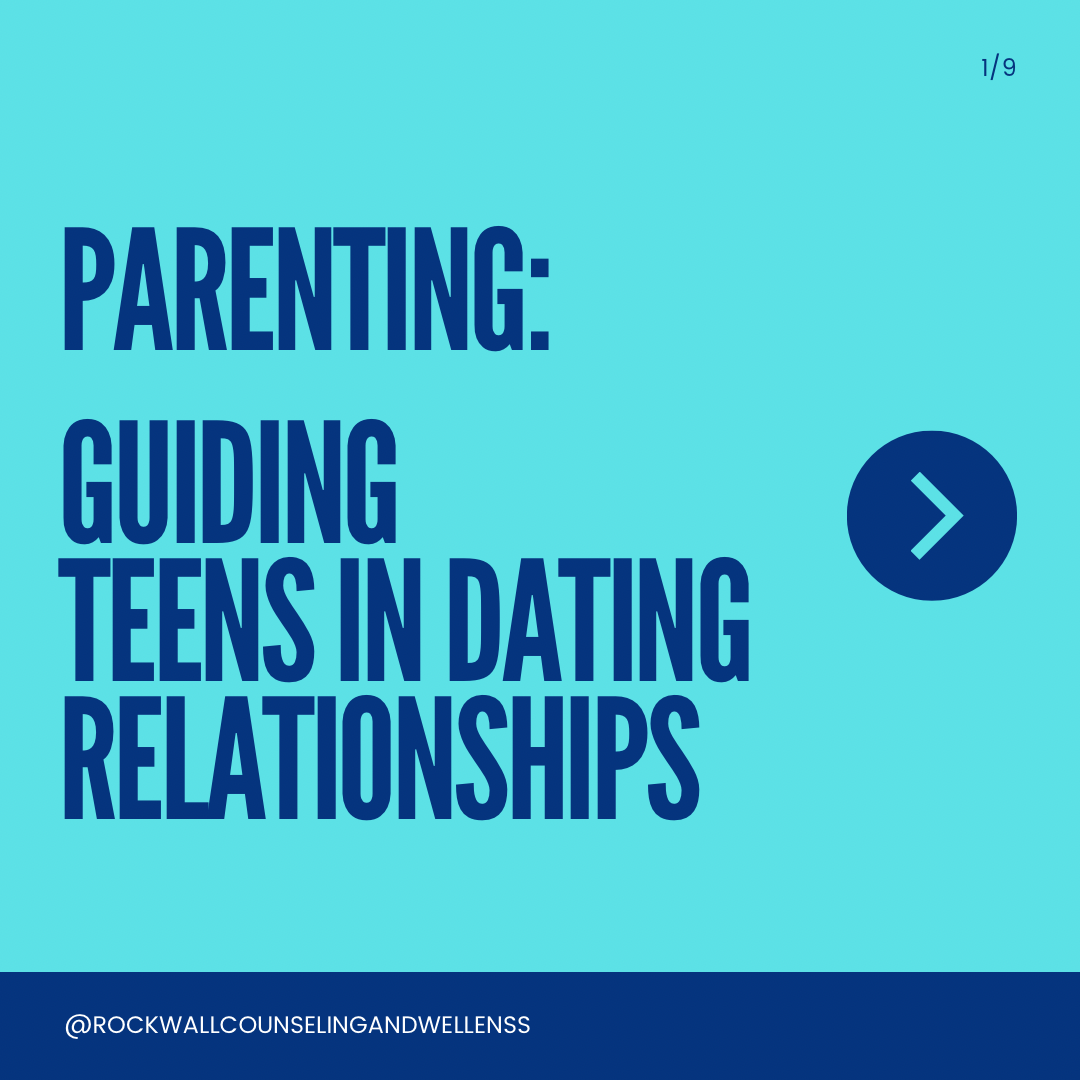As adults, we all remember our first boyfriend or girlfriend. Depending on how we define this type of romantic interaction, you may think about the boy who held your hand on the playground in fourth grade, or you may think of the girl you “went out with” in seventh grade, but…you never actually spoke to. For most of us, this first relationship was probably filled with a lot of “puppy love,” and we probably look back at how awkward we were, and cringe with utter embarrassment, I know I do. But the reality is, that if you have a kid between the ages of 11 and 18, they’re probably already thinking about “dating” or their classmates may be. According to the American Academy of Pediatrics, the average age at which teens start dating is 12.5 for girls and 13.5 for boys. Dating and romantic relationships will happen, and it is a natural part of kids growing up and gaining more independence. So, as a parent, what are the things you need to know to keep your teen safe, both physically and emotionally, as they enter a phase of life where they’re interacting with their peers romantically?
HOW TO ENTER RELATIONSHIPS
Before your child starts dating, talk as a family about the rules and expectations.
Rules, restrictions, boundaries, expectations. Whatever verbiage you use as a family, it is important that before your child enters a romantic relationship, they know what you expect from them, and the consequences if they break these boundaries. For example, maybe you want there to always be an adult present when your teen is with their boyfriend or girlfriend. Make this expectation clear, and then be willing to be the adult present. Give your child the resources they need to be in a relationship within your boundaries.
Model and openly discuss how they should be treated in a relationship as well as how they should treat the other person. This is such an easy yet important thing to do. It can be as simple as making a point of when your spouse treats you the way you want your child to be treated. Statements like, “I love that your dad knew I had a bad day and brought home flowers. He really understands that receiving gifts is my love language, and it made me feel so valued,” or, “Your mom is such a great listener. I’ve always valued that she really hears what I have to say and helps me work through things” shows your child what they should value in a partner and reinforces that strong relationships are built on trust and respect.
Work to get to know the person your child is interested in dating. Rather than the Hollywood-ized version of teen dating in which parents are cold or even unkind to their child’s boyfriend or girlfriend (though boyfriends seem to get the brunt of this fictitious rage) ask your child questions about the person they’re “talking to.” What are their interests? What is their family life like? What do they participate in at school? If you feel comfortable, invite them along for a family outing like to church or the movies. This can take away the secrecy that teen romances often operate in and it shows your child that they’re not bad kids for dating, so long as they respect the boundaries your family has in place.
SAFETY IN RELATIONSHIPS
It may seem uncomfortable to talk with your pre-teen or teenager about physical safety in relationships, but the reality is that one in four adolescents report verbal, physical, emotional or sexual violence each year. Just as with adults, these incidents have long-lasting negative impacts. None of us want our children to go through this. It’s scary to think about, but know that you can empower your child to have safe, healthy relationships now and in the future.
Keep open communication with your child. By setting a strong foundation of communication between you and your child, you can make sure that any time they are uncomfortable, they know they can come to you without judgment or accusation. This may be the first and best step you can take to keeping your child safe in many situations, but especially in dating.
Help your child know how to communicate in a healthy relationship. By the time our children reach dating age, they should have seen, from us, how to talk to and interact with someone, even in conflict. Modeling this for kids at an early age can help them identify and disengage from unhealthy conflict when they see it in their own relationships.
Know the warning signs of relational abuse. Again this isn’t something as parents that we ever want to think about, but it is so important to know what to look for as your child starts to have relationships with people outside of your family unit, whether these are friends or boyfriends and girlfriends. If your teen is withdrawn from their normal activities, is abandoning other friendships, keeping secrets, or becomes defensive about their romantic relationship, it may be time to have a conversation about the relationship.
Seek professional help if needed. If your child has experienced a negative relationship in any way, it can be incredibly helpful to reach out to a counselor to help them process what they’ve gone through and learn how to have healthier relationships in the future.
The dating world is so different today than it was even just ten years ago. The access young people have to smartphones, the internet, and a thousand different secrecy driven apps may make you feel like you’re fighting a losing battle when it comes to your teenager’s dating life. It doesn’t have to feel this way. Truly. Start early talking with your kids about dating relationships, respect, healthy communication, and boundaries, and you will be setting them up for a successful dating life that they feel comfortable talking with you about. If you feel you or your teen need help with any of these things, check out our link below to find a counselor that can give you and your kids tools for safe, healthy dating.
By Emily Taylor, Contributing Writer

